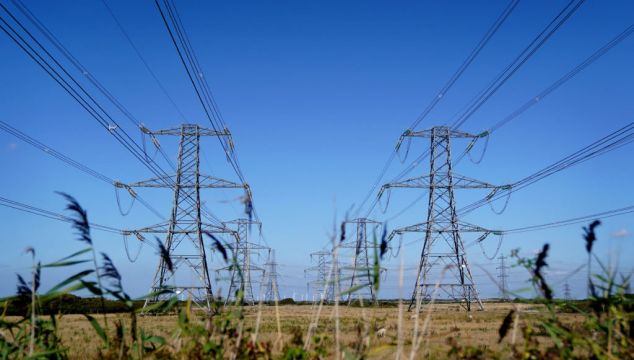SSE Airtricity has announced it is to cut its standard household energy prices.
A 10 per cent price decrease will be applied to both domestic electricity and gas rates from the beginning of July.
Standing charges will remain unchanged.
The announcement will affect around 250,000 electricity and 90,000 gas customers nationwide.
It is the second price cut announced by the energy provider this year, following 12.8 per cent and 11.5 per cent decreases for electricity and gas rates respectively back in February.
"All domestic electricity and gas customers on variable rates in the Republic of Ireland will have the reduced rate automatically applied to their bills from July 1st," the company said in a statement.
According to comparison website Bonkers.ie, the reductions will see the average electricity customer save around €150 per year, while gas customers will save in the region of just over €100.
"We are happy to be able to announce a price decrease today, following our most recent price decrease in February," SSE Airtricity's managing director Klair Neenan said.
"We have worked hard over the last couple of years to support our customers and we remain committed to passing on reductions as soon as it is possible to do so."
Commenting on the announcement, Bonkers.ie's head of communications Daragh Cassidy said the reduction was welcome, adding that he expects all the other major suppliers to follow suit.
However, he also noted: "Despite the latest price drop, SSE’s electricity prices are still around 70 per cent higher than they were before the energy crisis broke out, while its gas prices remain around 80 per cent higher.
"This means households will still be paying around €1,000 a year more for their gas and electricity than they were only a few years ago."
"Unfortunately, looking forward, given where wholesale gas and electricity prices seem to be settling, it’s tough to see prices for households falling much further in the short to medium term at least.
"Hopefully we might see a similar sized price cut in the early part of next year, but we may need to get used to paying much higher prices for our energy going forward," Ms Cassidy added.







